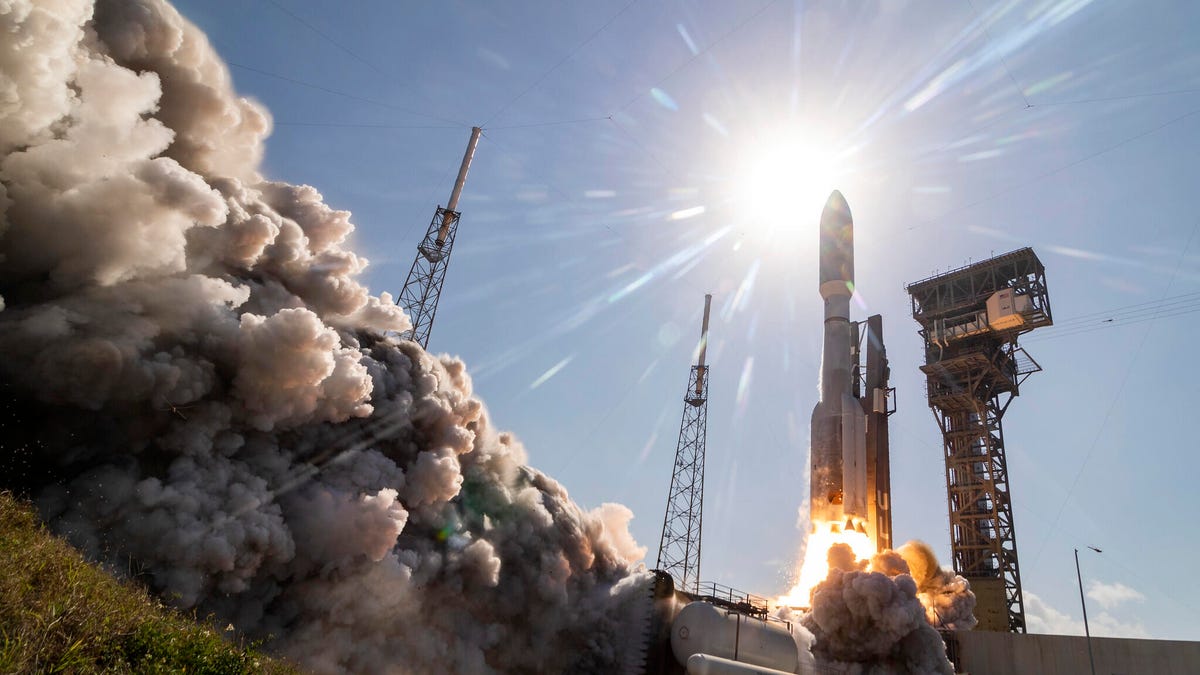US military tracks Russian launch of anti-satellite missile toward space
The apparent test involved a system with the ability to destroy a target in low Earth orbit.

Russia's apparent test of a military space missile comes just weeks after the first official launch for the US Space Force, a new military branch aimed at protecting against threats in space.
The US military says it tracked a Russian missile that was launched Wednesday with the capability of destroying satellites in low Earth orbit.
It doesn't appear that the missile actually struck a target, and it may have been aimed at a software-based "phantom target," according to satellite expert Jonathan McDowell at the Harvard-Smithsonian Center for Astrophysics.
Russia has test-launched a direct-ascent antisatellite missile. Unclear if the missile has intercepted a target satellite or just a software `phantom target'. https://t.co/LNkYOjomB3
— Jonathan McDowell (@planet4589) April 15, 2020
A statement from US Space Command noted that the test comes just two months after a pair of Russian satellites "conducted maneuvers near a U.S. Government satellite that would be interpreted as irresponsible and potentially threatening in any other domain."
This isn't the first test of a Russian anti-satellite missile. The "Nudol" missile system thought to be launched Wednesday has been tested multiple times, but has yet to target a live satellite, according to Wired.
"I conclude this was a flight test of the Nudol' anti-satellite launch vehicle from Plesetsk at about 1500 UTC, probably with a dummy kill vehicle that fell in the Laptev Sea. Likely that no actual intercept was carried out," McDowell said on Twitter.
Missile tests that actually hit a target are rare as they create all kinds of debris that can then endanger satellites and even astronauts indiscriminately. When India destroyed one of its own satellites in low Earth orbit with a missile last year, it was decried by NASA administrator Jim Bridenstine as a "terrible, terrible thing."

